Next
Meeting
Media Club of
Ottawa
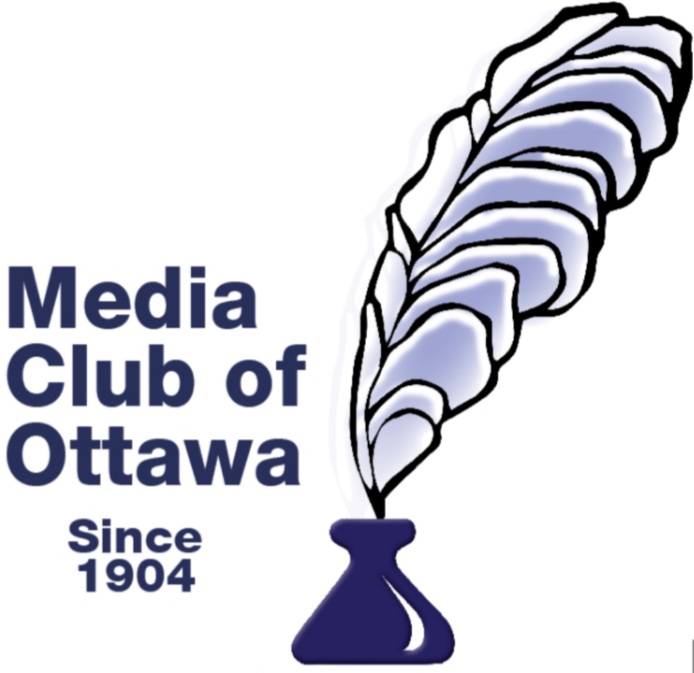 Formerly the
Canadian Women's Press Club
Formerly the
Canadian Women's Press Club
the Media
Club of Ottawa presents monthly
programs of significance
to
professionals in all branches of the
communications
field.
Our
program offers a stimulating variety of speakers.
Alexandra-Pope
- speaker Qais-Ghanem -
speaker
Amira
Eghawaby - speaker
Dani-Elle Dube - award
winner
Katelin
Belliveau -
award winner
Bruce-MacGregor - speaker
| History-------------------- |
------------- Events------------- |
-----------The Galley---------- |
-------Year in review |
----------Subscribe------- |
-----------Members--------- |
r
April-May 2021
COVID-19 restrictions
Our
program has been switched to
publication
of articles by our scheduled speakers on their topic
Publication
date:
Tuesday
April 20, 2021
***
News
capsule
2019-2021
Ainalem
Tebeje
The Zoom Virtual Readers Theater group of the First African Methodist
Episcopal (FAME) church, in Los Angeles presented
a reading of Ainalem
Tebeje’s book, A Love Story In Broken English, on July 9,
2020. If you missed it you can watch the presentation on the
church’s link - www.famechurchla.org
Ainalem spoke to the Media Club about her book in October 2018 shortly
after it was published. You can read a report about her talk on the
Media Club website www.mediaclubofottawa.ca
Susan Korah
In addition to her regular freelance writing assignments Susan Korah
participated in a project aimed at helping spread the word about
important health information to some of the world’s most
vulnerable people during the COVID-19 pandemic. In conjunction with her
friend, Swedish journalist Nuri Kino who initiated the project, Susan
helped produce a u-tube video designed for the benefit of refugees,
migrant workers and other marginalized people who haven’t
mastered the language of their country of residence and therefore have
limited or no access to important health information during the
COVID-19 crisis. The video has also been shared with associations,
government departments and individuals working with new Canadians.
June Coxon
An article about Susan Korah's project appeared in the June
issue of Sandy Hill’s community paper, A similar one,
highlighting opera singer Maria Knapik, featured in the video,
was printed in the September issue of , Vistas, the Alta Vistas’ community
paper. Both articles were by June Coxon
Kate Allen
Our out-of-town club member Dawn Monroe. sent us the sad news that Katherine Allen
has died. Kate was a club member for many years while living in Ottawa
and after moving to Toronto. Dawn says she learned the news
from Kate’s daughter, Heather, who said her mother had been
ill for a couple of years with PSP, a rare brain disorder that can rob
a person of speech. A recent Ottawa Citizen obituary said there will be
a celebration of life for Kate once everyone can meet together again.
Kate was an artist, columnist and the author of four books. She
illustrated a number of notecards featuring some of the women on Dawn Monroe’s Famous Canadian Women website.
Dawn Monroe
Dawn now has well over 3,000 mini biographies on her Famous
Canadian website. She was scheduled to speak to club members in June 2020 about
creating that website, but was unable to do so because of
COVID-19 restrictions. Instead, she wrote about it for us. You wil be able read
her report in the near future.
Qais Ghanem
Qais, who was to speak to our group in April, was featured in a column in the
June 2020 issue of community newspaper Vistas. The two-page column Our People by
Courtney Tower appeared on pages 11 and 12. If you
missed it you may find it online at www.vistas.ca.
Don Monet
Although
this news is old now
CUBE Gallery, owned and operated by Don Monet and Becky Rynor, closed
May 12, 2019, after nearly 15 years of operation. It first opened on
Hamilton Avenue in 2005 before moving to the Wellington Street
location. Numerous events and exhibits featuring local artists,
including a retrospective featuring club member Shirley Van
Dusen’s art
in 2017, were held there. Don and Becky were both Media Club members
for a number of years and Becky was club president in the 1990s.
Jagjeet
Sharma
Local freelance writer, radio host, and poet. Jagjeet
Sharma, published her
third book of poetry this year, called Raindrops. As with her other
books, proceeds from sales of this book go to the University of
Ottawa’s Heart Institute.
Anthology
The Media Club of Ottawa has co-produced an anthology about the pandemic with the Ottawa
Ethnic Media Forum. The book contains articles, stories and poems
written primarily by local authors. It was published at
the end of November 2020.
|
While COVID restrictions are in force
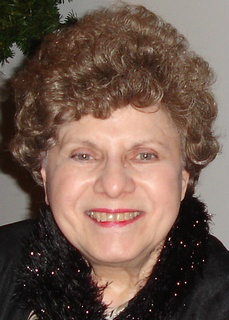 speaks to
us, virtually, in writing speaks to
us, virtually, in writing
Barbara Florio Graham
Close to the Truth
by Barbara Florio Graham
There was a Monty Python
documentary called Almost the Truth. Comedian Stephen Colbert coined
the term truethiness to describe beliefs that have little foundation in
evidence or fact.
One wonders, sometimes, if these satirical definitions apply to books labeled Creative Non-Fiction.
When
I was teaching high school, the difference between fiction and
non-fiction was clear. That's not the case any longer. Writers are now
adopting the philosophy of Frank Lloyd Wright, who said, The truth is
more important than the facts.
The
late Don Hewitt, who developed 60 Minutes, the first
“magazine”ype TV show, has been quoted many times as saying
that what was important was to tell a good story.
But how important is it for the story to be true?
I
recently heard two award-winning Canadian authors describe how they
research and write. Columnists for two different newspapers, each has
to find a timely subject, gather the facts, and then write a coherent
narrative that will appeal to readers.
One
told us how he fabricated an embarrassing story about himself to get
the subject of his interview to confirm a rumor the writer couldn't
reveal without verification. One wonders how ethical that
technique is.
The
other author, whose books document local and regional history, revealed
that he often has to make up stories about real people when he's unable
to find any written documentation. In one case, meticulous research of
many volumes of letters gave him only a hint of a key relationship, so
he filled in the blanks.
This
popular writer is also a poet and song-writer, and claims that his
works are poetic documentaries. He claims there are two key themes of
non-fiction - love and bereavement - that drive his books.
History,
he claims, is a bad filing system, as it's been written primarily by
victors rather than the vanquished, men rather than women.
He
feels his ability to tell what happened to the others, those who were
forgotten by the historians, makes his books valuable. Readers
definitely agree.
We
hunger for the truth, making biographies of celebrities and politicians
best-sellers. Memoirs are extremely popular, often landing the author
on talk shows.
But we know that most celebrity
biographies are ghost-written, with heavy direction and editing by
publicists and editors. And we recall the memoirs that turned out to
have no basis in fact, including one that embarrassed Oprah when she
discovered the author had made up most key details in his book.
The
NY Times endured several scandals a few years ago when staff reported
on incidents that never occurred, quoting fictitious participants or
witnesses.
|
As a publishing consultant, I've heard from
authors who feel their lives deserve to be documented. Sometimes
they're looking for help with organizing and editing. A few want to
know if their book will still sell if it's written as fiction, and if
they take that route, how heavily do they have to disguise the real
people and situations.
I'm not sure I have the answer to these questions. I often equivocate, saying It depends.
What does it depend on? Is the Good Story an honest portrayal of
what happened, even if the details had to be extrapolated?
There's a new term being used for autobiographies that include scenes,
dialogue, and even actual facts that may not be accurate. They're
calling it "Auto-Fiction."
Although I'm troubled by that term, I've actually subtitled my most
recent book "Not Really a Memoir," describing the book as follows:
"This book is truthful fiction, because the truth is not fixed. It
depends on who is remembering, who is reporting, who is listening, who
is reacting."
Some of the chapters are first-person accounts which are as truthful as
my memory provided, corroborated by others who were there, as well as
verified by facts I was able to check. Others are written in
third-person, using a fictional character I establish in chapter one.
These chapters include incidents that I recall but can't verify,
dialogue I've had to imagine might have taken place, and substitute
real locations with imaginary places.
I ended up writing two chapters in the voices of people I knew
very
well, doing my best to represent their speech patterns and how I think
they felt, but changing all names and carefully disguising other
key details. I included actual dialogue I remembered, but only those
who know me very well, and knew these two people (both now deceased)
will recognize them. .
As a
journalist, I felt strongly that I didn't have the right to repeat
conversations I didn't actually hear or participate in, or to make
assumptions about someone else's thoughts and motives.
23 I don't plan to publish this book, but if that happens, I hope it will be read as "truthful fiction."
24 The
public is fascinated by people they think they know. Biographies,
autobiographies, movies and documentaries are extremely popular. So the
next time you pick up the book on your nightstand, or watch a
documentary on your TV, ask yourself how much of it is true?
***
Barbara
Florio Graham is the author of three books, and offers publishing
advice on her website: www.SimonTeakettle.com. She also offers a
database of Canadian libraries, and many free resources.
|
Barbara Florio Graham
Barbara
Florio Graham is a writer, teacher and communications consultant whose
clients have included 14 Canadian federal government departments, 12
national and international organizations, 14 regional organizations, as
well as many corporate and business clients in the U.S. and
Canada. Barbara has contributed to more than 30 magazines and
newspapers around the world, websites in 44 countries in 11 time zones,
and 37 print anthologies in six countries.
She is the
author of three books, Five Fast Steps to Better Writing, whose 20th
anniversary edition was published in 2005, Five Fast Steps to Low-Cost
Publicity, which won an award from IABC in 1990, and Mewsings/Musings,
which won an award from the Cat Writers' Association in 2001.
Her
award-winning Christmas Story, first published by Nelson Bros. Canada
for grade seven students, has been reprinted in high school textbooks
for students learning English in Sweden, Denmark and Norway.
She is a Book Shepherd for Dan Poynter. With Dan and two other members
of the executive of the Small Publishers and Writers Network, she
created a comprehensive description of "pay to publish" companies.
As
a publishing consultant Barbara advises authors in one-on-one
mentoring. She is also the Managing Editor and a contributor to Prose
to Go: Tales from a Private List, which will be published by Bridgeross
(a mid-size trade publisher in southern Ontario) on May 15.
|
A
graduate of Barnard College (Columbia University), Barbara majored in
English with specializations in theatre and writing along with a minor
in music. She received her broadcast training at NBC in New York, and
taught at two prestigious private schools in the United States, the
Calhoun School in New York City and The Latin School of Chicago. While
in Chicago she took post-graduate courses in psychology at the
University of Chicago.
After moving to Canada in 1967, Barbara
continued a freelance career that she had begun, part-time, much
earlier. First published at the age of nine, she won a Regional Award
in the National Scholastics Writing Awards for a short story she wrote
while a freshman in high school. She freelanced part time for various
organizations during her career as a teacher and public relations
director |
|
=======================================================================================================================
Media
Club of Ottawa
Executive
2020-21
President,
June
Coxon
Secretary-Treasurer.
Iris
ten
Holder
Board
of
Directors:
June
Coxon,
Iris ten
Holder,
Helen
Bednarek Van Eyk
|
*
Help
build
the Media
Club's
"Melba Lent
Woelflé
Scholarship Fund.
To contribute,
Knowles*
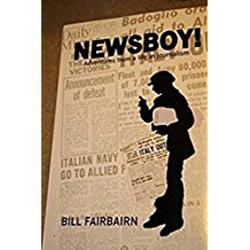
Newsboys by Bill
Fairbarn
|
Books
about the Canadian Women's Press Club
(now
the Media Club):
- No
daughter of Mine by Kay Rex ($12)
-
The Sweet Sixteen by Linda Kay ($20)
Order
your copy by email
here.
<
Write
the title of the book in the subject line..
Payment
by Interac to the
Treasurer, <
adding
3.00
for delivery. by post..
|
A
record of meetings
held in previous years
|
| |
|
|
|
XXBPowered
by 10dollar domains Canada
|
|

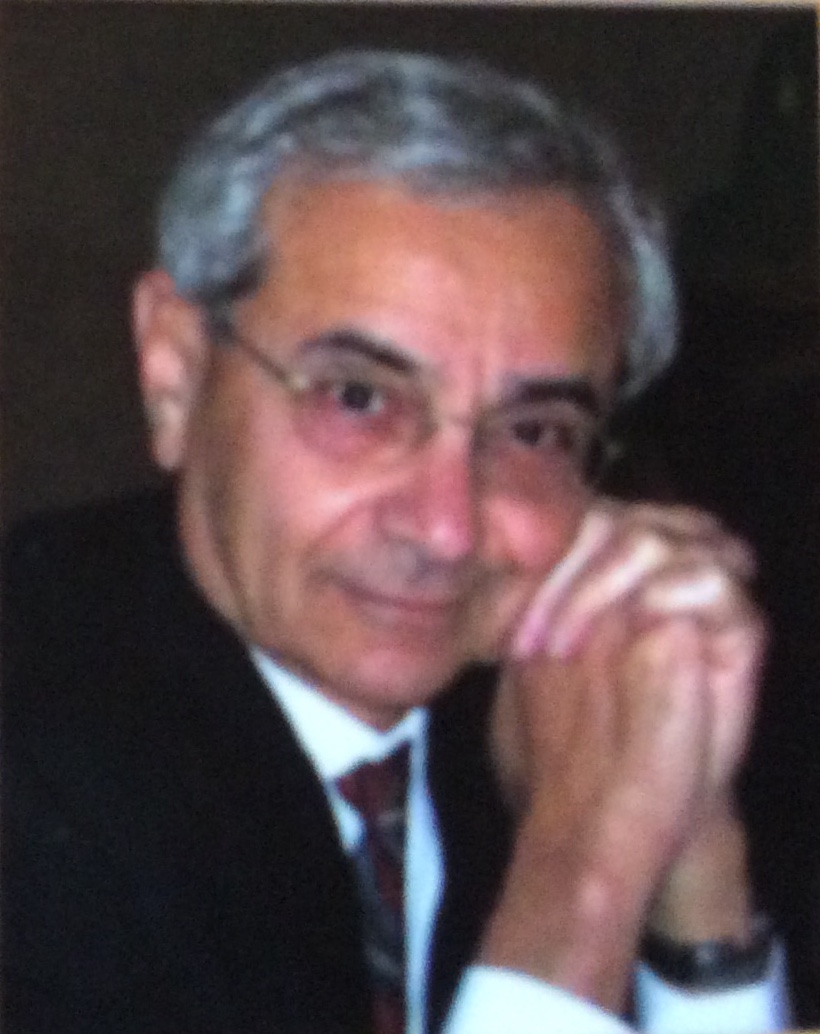
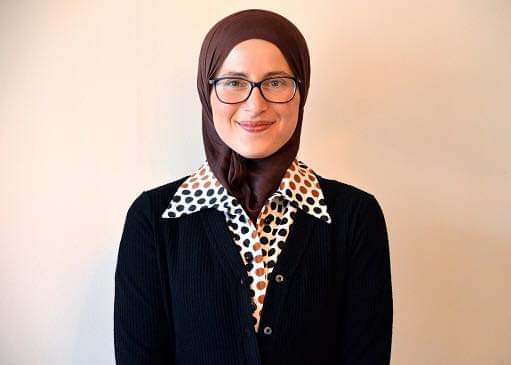


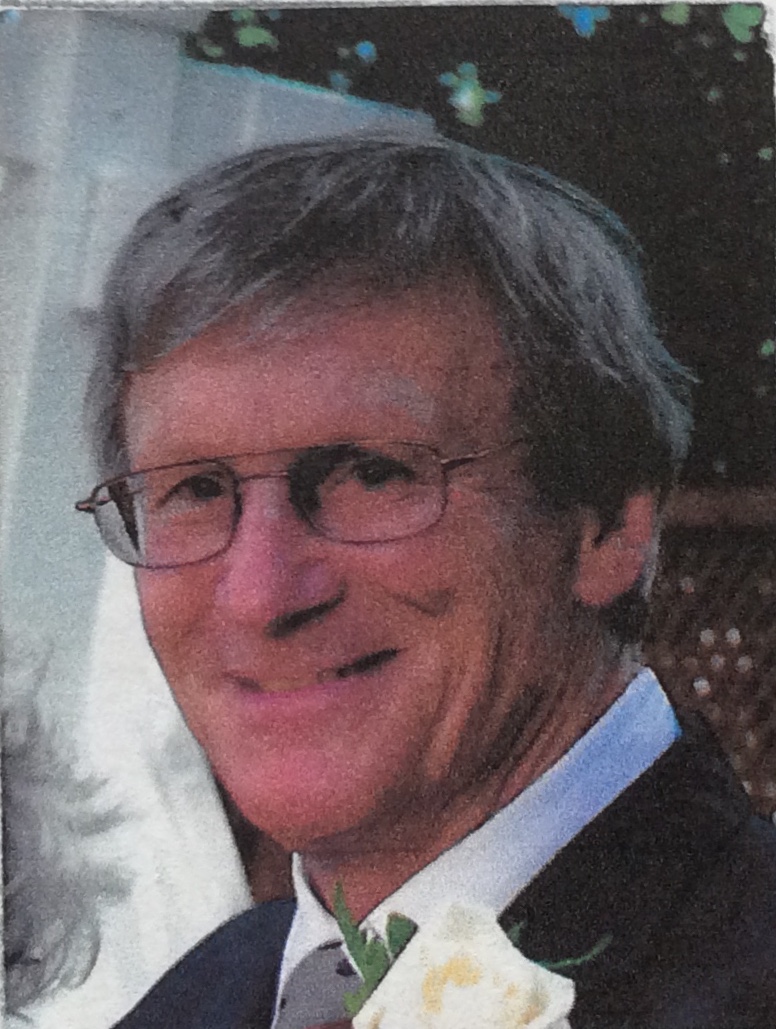
 speaks to
us, virtually, in writing
speaks to
us, virtually, in writing